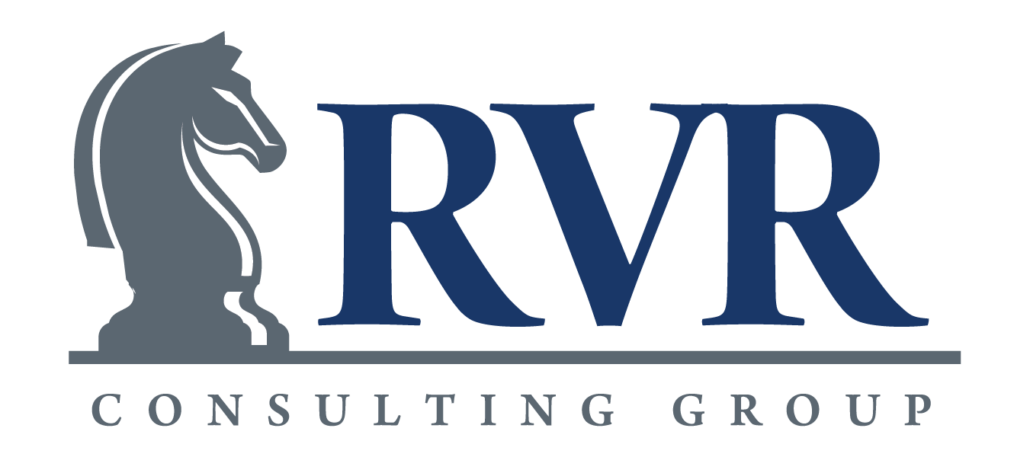6 Indicators That Your Business May Need a Management Consultant
- Your reporting and metrics are not giving you a “full picture.”
You have a few data points with a lengthy history, your growth is “measured” by guesswork, or your reporting is spotty: that leaves room for error. It’s not easy to plan the best path for your business. Implementing high-quality reporting and tracking capabilities confirms that success is occurring consistently rather than in isolated moments. Quantitative findings aren’t exclusively development-oriented, or even profit-based. You need a clear picture of your workforce, too. Adjust recruiting practices by reviewing yield ratios and other factors. One number can make a big difference in how your future decision-making. - Your team members do not have clear performance expectations and accountability.
We often tell our teams what to do, but we don’t tell them why. We tell them to make sales, but don’t set a benchmark for them to achieve that will show them their own growth. Motivating your team members to be on the same page is critical, so individuals can move towards the same goals. One misworded email can become a public relations crisis. Without a concrete understanding of company goals and standards, the credibility of individuals or entire departments can take a serious hit. - Your team needs to maximize your tools and resources.
Your company pays for software, but is your whole team using it to its full capacity? How regularly are you educating your workforce on new techniques and industry innovations? These practices increase the returns you will see from taking the time and money to put those systems in place. When you invest in a resource to reduce hiccups, it’s important that training is uniform, so that everyone’s lives can be a little easier (and more accurate) in the long-run.Automation can also improve or slow down your processes, depending on how it’s handled. By conducting a workflow assessment, eliminating proper roadblocks, and implementing quality assurance practices, system mapping can propel businesses forward. Without maximum user adoption and utilization, efficiency gains can’t be made.
- You’re not investing in marketing your brand.
Your brand speaks for you when you cannot. When you’re in a meeting, walking down the street, or shopping in the grocery store, your brand’s presence on LinkedIn, via word-of-mouth, and across your website speaks to your main prospects before you do. Take the time to craft the right brand vision and position to share with your employees that aligns with your company goals and supports your sales strategy. This can be the difference between being a prospect’s first or second choice. - Communication issues reduce sales efficiency.
Problems arise. Unfortunately, this is a cruel reality of both life and business. If an issue comes up at any point during the sales pipeline, it must be promptly addressed. If a client is unhappy, quarterly projections are looking flat, or a sales rep is running late to a meeting, communication can become the difference between professionalism and failure. Use technology to encourage consistent updates from your team, but also prioritize in-person and group meetings that allow nuanced opinions to be heard or a collective voice to form.Debra Hamilton’s article “Top Ten Email Blunders that Cost Companies Money” states that miscommunication costs smaller companies of 100 employees an average of $420,000 per year. Between unreported items, incomplete follow-ups, poor listening, and other flukes, that’s a pretty penny.
- Your business is operating on a day-to-day basis without a long-term growth plan.
Business management may have an endless list of responsibilities as they try to keep their business vibrant or afloat. However, all their actions should be serving a higher-purpose. Well-retained employees and ambitious leadership cater to the needs of any organization because of a mutual vision. To avoid daily distractions, construct your business around long-term initiatives and goals that position your company to be its best.


